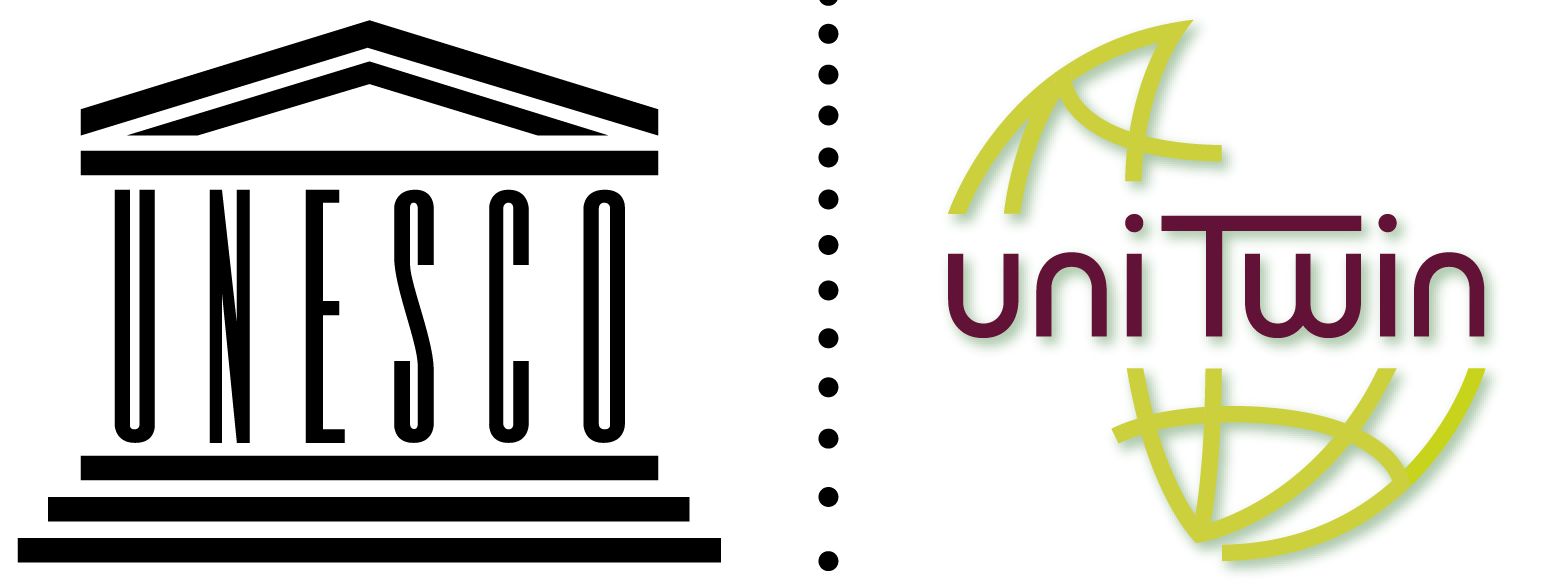CALL FOR PAPERS
On November 5-7, 2020, UNESCO Chair on Education and Prevention of Genocide and other Atrocity Crimes at the Institute for Armenian Studies of Yerevan State University will host an international conference on “Genocide in the Modern era. Perspectives and Challenges of its Study” dedicated to the 105th anniversary of the Armenian Genocide and the 75th anniversary of the end of Holocaust.
The 20th century was an era of genocides. Although the UN Convention on the Prevention and Punishment of the Crime of Genocide was adopted after Armenian Genocide and Holocaust, it failed to put an end to widespread, mass violence against human groups.
Similar mass crimes happened in Cambodia, Bangladesh, Indonesia, Paraguay, Rwanda, Yugoslavia, Sudan and elsewhere in the world.
Although the end of the Cold War, and the spread of ideas of democracy and tolerance opened some prospects for the international community to prevent crimes against humanity, genocides are going on to this day. The persecution of the Yazidis, Rohingya people, bloody inter-group clashes in Sudan, Yemen, Congo and Cameroon pose a serious threat to genocide.
Under these circumstances, the demand for a scientific study of this phenomenon was not accidental. It emerged in the 1970s and 1980s, and today this new discipline is rapidly developing.
The 20th century was an era of genocides. Although the UN Convention on the Prevention and Punishment of the Crime of Genocide was adopted after Armenian Genocide and Holocaust, it failed to put an end to widespread, mass violence against human groups.
Similar mass crimes happened in Cambodia, Bangladesh, Indonesia, Paraguay, Rwanda, Yugoslavia, Sudan and elsewhere in the world.
Although the end of the Cold War, and the spread of ideas of democracy and tolerance opened some prospects for the international community to prevent crimes against humanity, genocides are going on to this day. The persecution of the Yazidis, Rohingya people, bloody inter-group clashes in Sudan, Yemen, Congo and Cameroon pose a serious threat to genocide.
Under these circumstances, the demand for a scientific study of this phenomenon was not accidental. It emerged in the 1970s and 1980s, and today this new discipline is rapidly developing.
Reports to be presented at the conference may cover but are not limited to the following topics:
• The importance and applicability of the UN Convention on the Prevention and Punishment of Genocide
• Revisiting different aspects of the Armenian Genocide, 105 years later
• The Memoirs of survivors as an important source for studying the Armenian Genocide
• Greek and Assyrian genocides in the Ottoman Empire
• Holocaust history and memory. 75 years after the liberation of Auschwitz.
• The issue of Roma Genocide
• Mass extermination in Cambodia - politicide or genocide
• Rwanda and the indifference of the international community
• The Darfur Genocide. Extermination through attrition
• Perpetrators, bystanders and rescuers during genocides
• Resistance during the genocides
• The psychological aspects of the Genocide
• The issue of Responsibility and compensation
• Revisiting different aspects of the Armenian Genocide, 105 years later
• The Memoirs of survivors as an important source for studying the Armenian Genocide
• Greek and Assyrian genocides in the Ottoman Empire
• Holocaust history and memory. 75 years after the liberation of Auschwitz.
• The issue of Roma Genocide
• Mass extermination in Cambodia - politicide or genocide
• Rwanda and the indifference of the international community
• The Darfur Genocide. Extermination through attrition
• Perpetrators, bystanders and rescuers during genocides
• Resistance during the genocides
• The psychological aspects of the Genocide
• The issue of Responsibility and compensation
Undergraduate, graduate, PhD students, researchers of Republic of Armenia, Republic of Artsakh and international applicants are eligible to apply.
The official languages of the conference are Armenian, Russian, English.
The proposals for the papers (up to 250 words) with a short CV have to be sent to the email address ysu.genocide.studies@gmail.com. The deadline for the submission is 15th of October 2020.
The proposals for papers will be examined by the Committee of the conference. The results of the selection process will be announced shortly after the deadline for the submission of proposals.
The conference will be held on-line.
The official languages of the conference are Armenian, Russian, English.
The proposals for the papers (up to 250 words) with a short CV have to be sent to the email address ysu.genocide.studies@gmail.com. The deadline for the submission is 15th of October 2020.
The proposals for papers will be examined by the Committee of the conference. The results of the selection process will be announced shortly after the deadline for the submission of proposals.
The conference will be held on-line.


